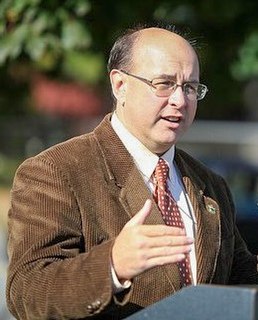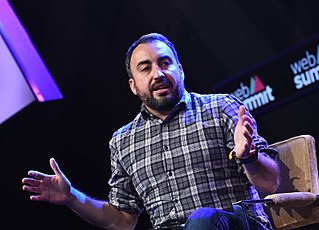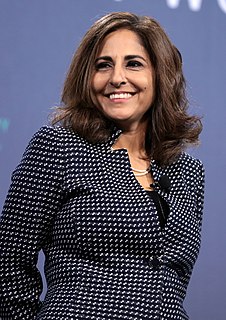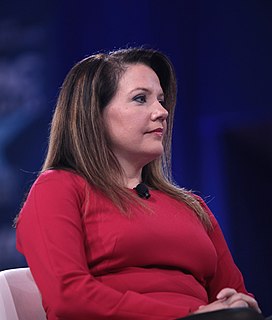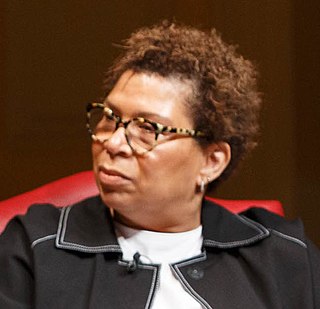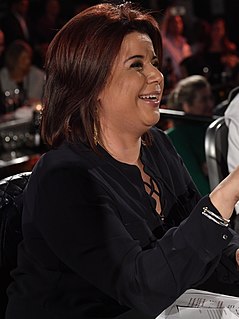A Quote by Matthew Dunlap
I think we have an awful lot to be proud of. No one is questioning the legitimacy of the outcome of the 2016 election. There are some lingering questions about how elections have been conducted, who was able to vote legally or not.
Related Quotes
I think a core principle of the Democratic Party has to be a defense of equal rights for every American. At the same time, when you look at the election, and not just the 2016 election, but the elections to come, Democrats have to do better than we did in 2016 in communities, in rural communities where people feel like they've been in a slow burn recession or depression for years, not just months.
I have an idea about voting, how about on every ballot we include "None of the above". People may laugh at that, but what that is, it is a vote of no confidence in your government and I'm willing to bet that in some elections, 'None of the Above' would win. Imagine if you won the election but lost to 'None of the Above'. Wouldn't that make you re-think your positions?
It seems like election 2016 has been a whole lot about a person who's very high in the polls, that doesn't have a clue about how to govern.A person who has been filled with scandals, and who could not lead, and, of course, I'm talking about Hillary Clinton.I think America is in trouble, but it's not beyond repair. But it's going to take leadership who sees the greatness of this country, and who believes that once again we can be one nation, under God.
There's a lot of sensitivity about federal involvement in elections around the country. I think that it would be appropriate to consider - whether there should be some basic federal minimum standards to the cybersecurity around the election infrastructure. We have federal standards for aviation security, for auto safety, for a lot of things, and elections are pretty important in the country.
I think what it was about was the people's right to vote and have those votes counted. And if you think back through our history, an awful lot of what we've fought over, struggled for, is the right of people to vote. That's what the civil-rights movement was, at its bottom, about. At the fundamental level, democracy means a government in which the people vote.
